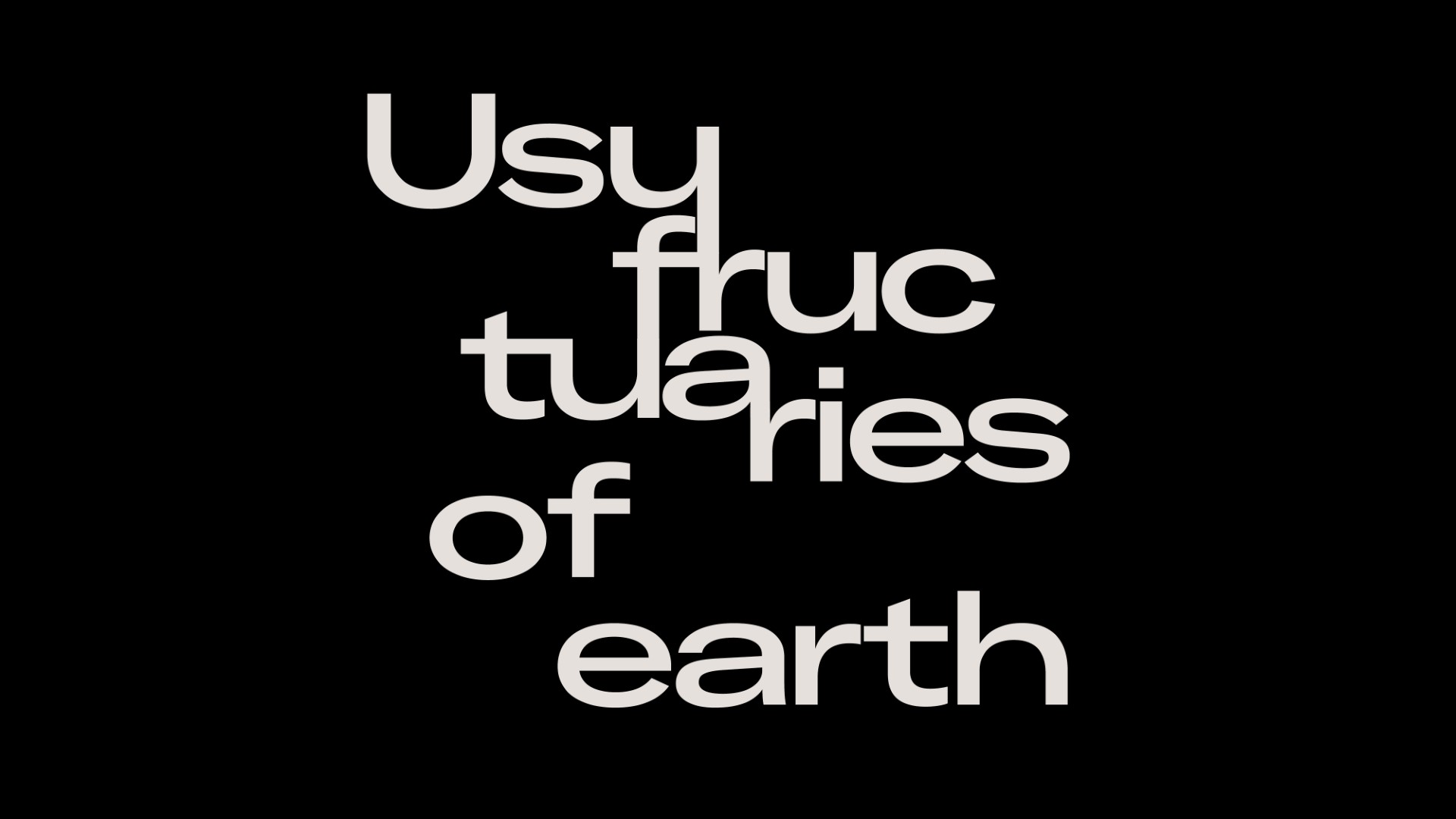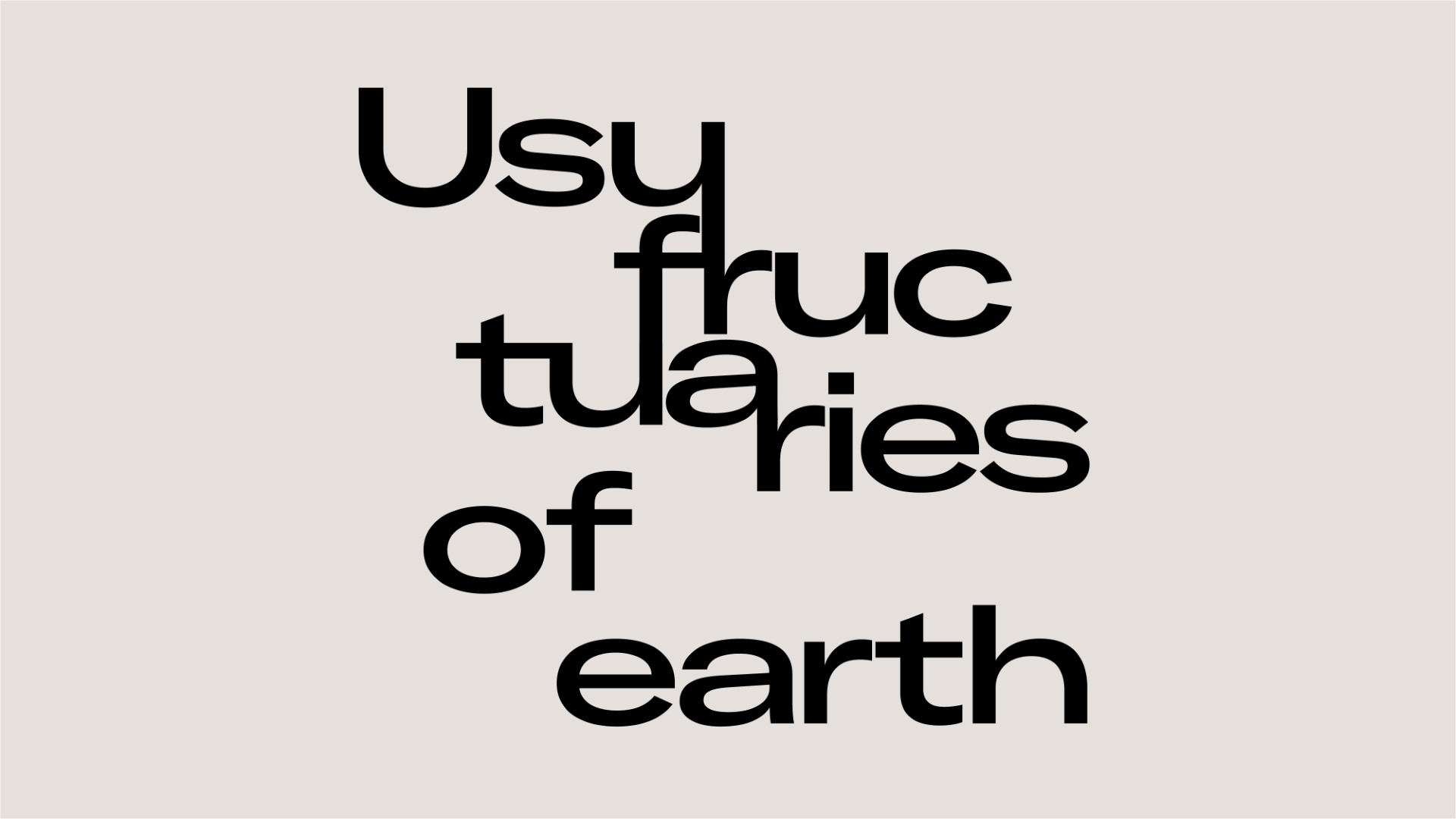Forest Law
Considering nature as a rights-bearing subject, Forest Law (2014)—a collaborative video-installation by artist-researcher Ursula Biemann and architect Paulo Tavares—brings us to Ecuador where, not without challenges of its own, this radically altered relationship to the earth and the natural world has become possible.
Laying out the complex spatial and human-Earth relations—between trans-national industry, migration, and indigenous ecologies—Tavares and Biemann bring to light the work of indigenous lawyers and experts, whose work in amending the constitution of the State of Ecuador (in effect since 2008) established fundamental rights to natural eco-systems. Fragile, complex, and contested as this status might be, nature has become a subject of the national legal code, and the governments and corporations violently abusing and misappropriating it are, in Ecuador at least, held to account.
Forest Law is guided by Biemann and Tavares’ research into a series of landmark legal trials in the Inter-American Court of Human Rights, where claims were made for the rights of nature in the face of human destruction occurring along the oil and mining frontiers in the (living) rainforests of the country. Though this mineral-rich and biodiverse Amazonian area is considered the sovereign land of indigenous nations, it has been under continuous pressure from a variety of national and internationally predatory actors (such as the oil giants Chevron/Texaco and CGC) eager to further exploit natural resources from a forest floor they have already left toxic and ridden with waste. Through a re-telling of these cases Forest Law brings together the globally entangled concerns of environmentalism and of post-colony, of social justice and climate, and of the human and the posthuman.
Much like that which becomes acutely palpable in other works by Biemann, Subatlantic (2015) and Deep Weather (2013) also presented in the exhibition, Forest Law underlines the persistent fact that we are yet to learn to live otherwise in an age defined by the colossal consequences of a new socio-geological order we ourselves have created through irresponsible interactions with Earth’s systems. If the research and narratives in this exhibition articulate how global history entwines with nature, and how global nature entwines with histories all too located and consistent with globalization’s pattern of exploitation and marginalization: it also coalesces with past and future stories of resistance, and urges us to rethink, as one, the way of our being in the world and of being with the planet: something perhaps to become a key political project for our time.
Ursula Biemann is an artist, researcher, and video essayist based in Zurich. Biemann’s work is invested in exploring the uneven resource distribution, climate change, and ecologies of oil and water as principles of planetary organization of power.
Paulo Tavares is an architect and urbanist whose work deals with the visual and spatial politics of territorial conflicts and climate change in the Amazon and other frontiers across the third world. Tavares is based in Quito.
The activities of BAK, basis voor actuele kunst have been made possible by financial support from the City Council of Utrecht and the Ministry of Education, Culture, and Science of the Netherlands. The project Future Vocabularies is realized with generous support from the DOEN Foundation, Amsterdam.
The exhibition Forest Law is made possible with support of the Swiss Arts Council Pro Helvetia.
Program
Lecture
23.11.2015 19.00 hrs
Over the Ruins of Amazonia: Colonial Violence and De-colonial Resistance at the Frontiers of Climate Change



